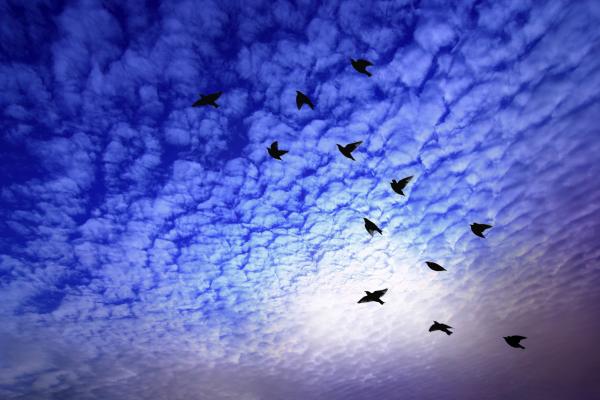A friend of mine who was serving as chief of his band said that the heart of Indigenous Cree spirituality revolves around praying for good hunting in the fall, and giving thanks for good hunting in the spring.
When I relate this story, sometimes people ask, “How do you know it was good hunting?”
I replied, “If you make it through the winter alive, it was good hunting.”
In Indigenous Cree theology, we begin with the idea that it is a good world. The Creator made her, and she provides for us. Our response to enjoying the world that Creator has provided is to give thanks.
Thanksgiving fulfills the circle of relationships that characterize our journey here on the circle of the earth. Being unthankful can indicate a shift in focus, from the relationships that make up our world to focus upon ourselves.
Read the Full Article

